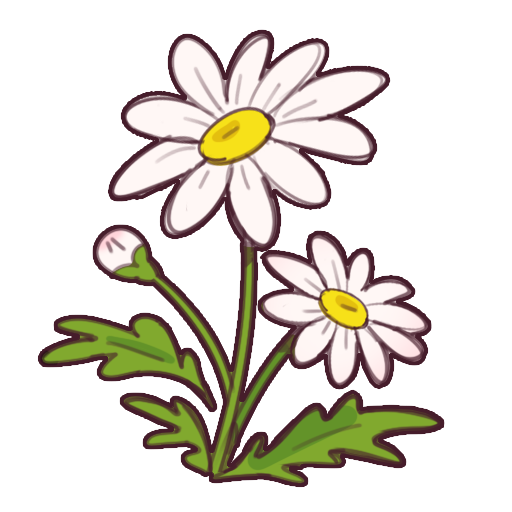
Daisy
Leucanthemum vulgare
The daisy closes its petals at night or in bad weather and reopens them in the morning, following the sun. For this reason, it is also often called the “eye of day.”
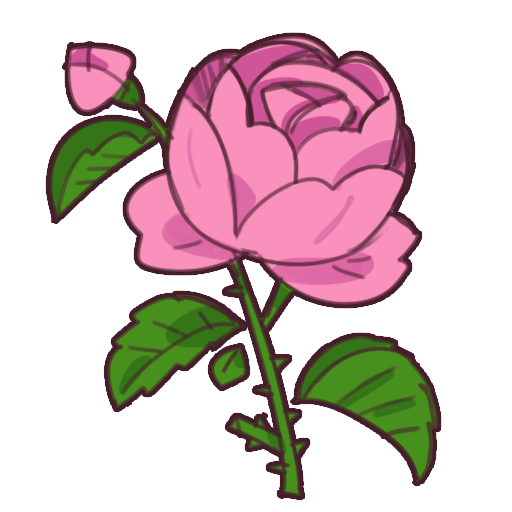
Rose Centifolia
Rose x Centifolia
In addition to its fragrance, the Centifolia Rose has moisturizing, soothing, and astringent properties that are useful for skin care, particularly for dry, mature, or irritated skin.
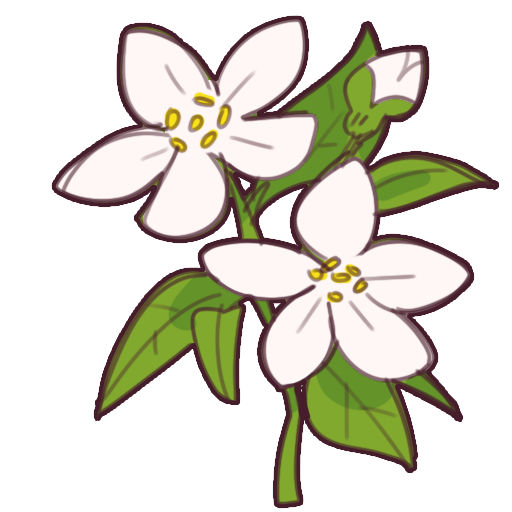
Jasmine
Jasminum officinalis
In many cultures, jasmine flowers are harvested at night, when their fragrance is most intense, and often used to flavor teas, essential oils, and fine perfumes.

Basil
Ocimum basilicum
Besides being a delicious aromatic herb, basil is also known for its natural repellent properties against mosquitoes and other insects, so much so that it is often planted near windows.
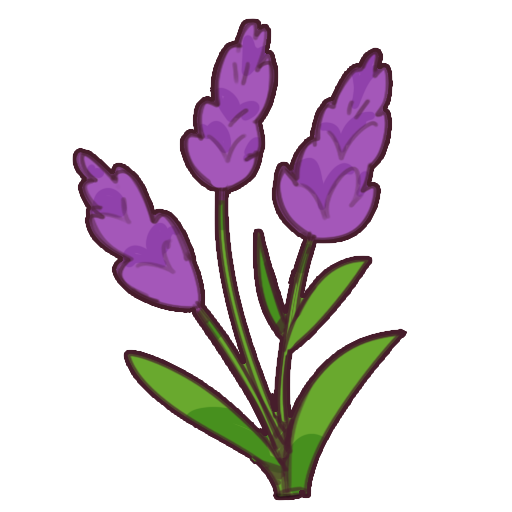
Lavander
Lavandula angustifolia
Lavender is said to protect against evil spirits, ward off moths, and those who sleep with a bag of lavender under their pillow have peaceful dreams.
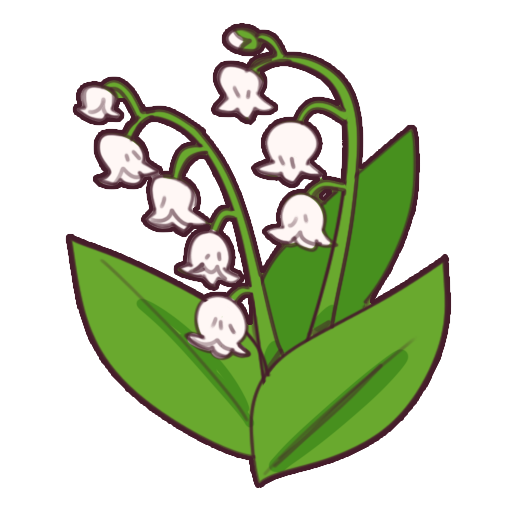
Lily of the valley
Convallaria majalis
The lily of the valley is considered a good luck charm in France and is traditionally given as a gift on May 1 as a wish for happiness and prosperity.
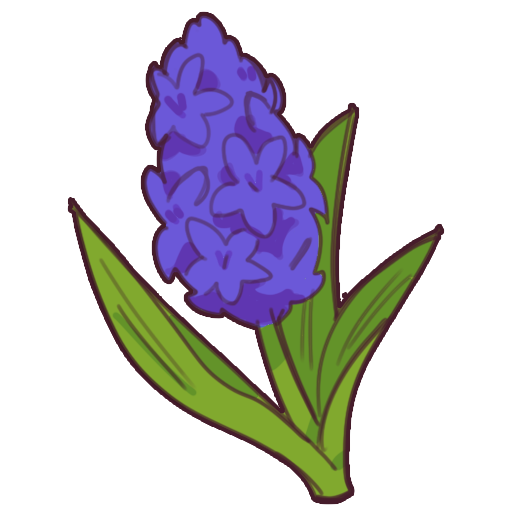
Hyacinth
Hyacinthus orientalis
Its name comes from the Greek myth of Hyacinthus, a young man loved by Apollo who died accidentally and from whose blood the flower was born.
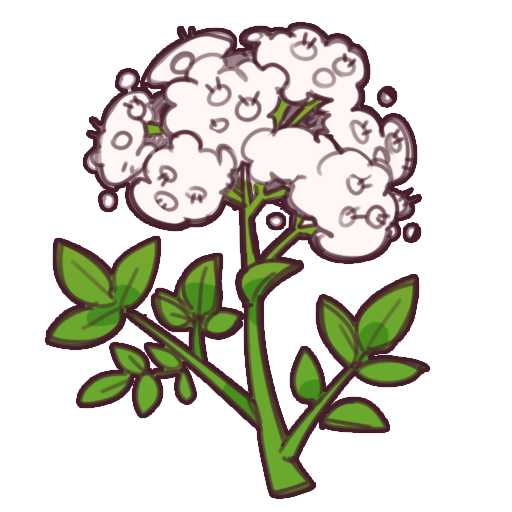
Angelica
Angelica sylvestris
It was named after the archangel Raphael, who, according to legend, revealed that the plant had protective properties during a plague. This divine connection helped shape its symbolic meaning of protection and spiritual healing.
Hey! Who are you?
Welcome to my garden, traveller!
You must have had a long journey to get here.
You look kinda exhausted... come with me to my house, I'll make you a hot cup of tea and some biscuits :3
Be careful not to step on my plants!!!
The door is open, come on in!

Warnings
This site is best viewed on a 1920x1080 desktop
No mobile support (for now :3)





